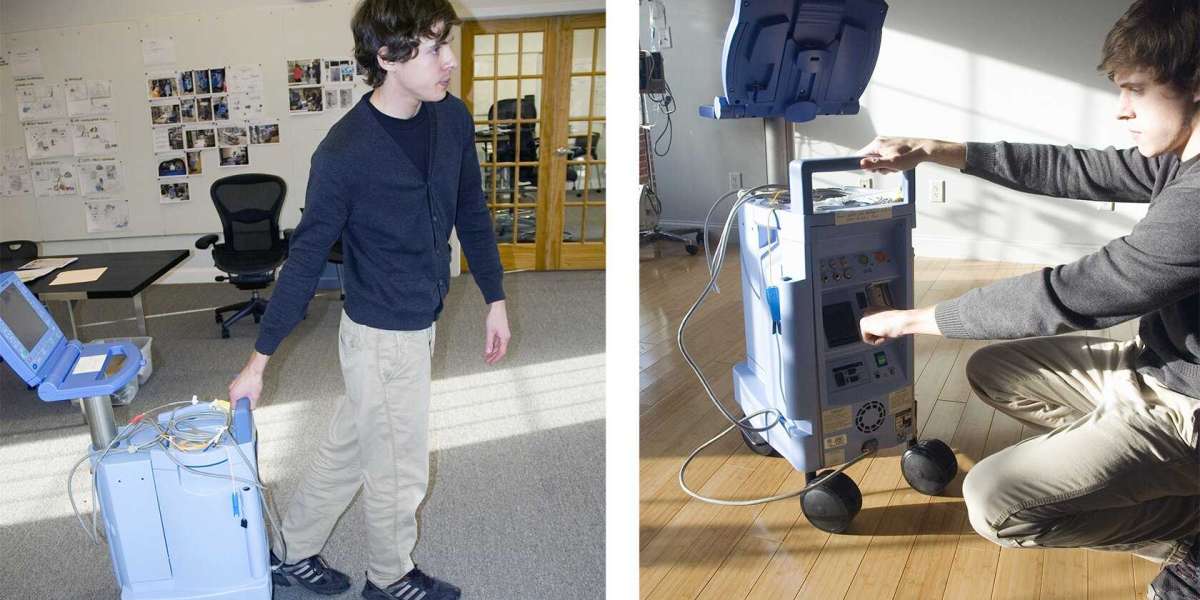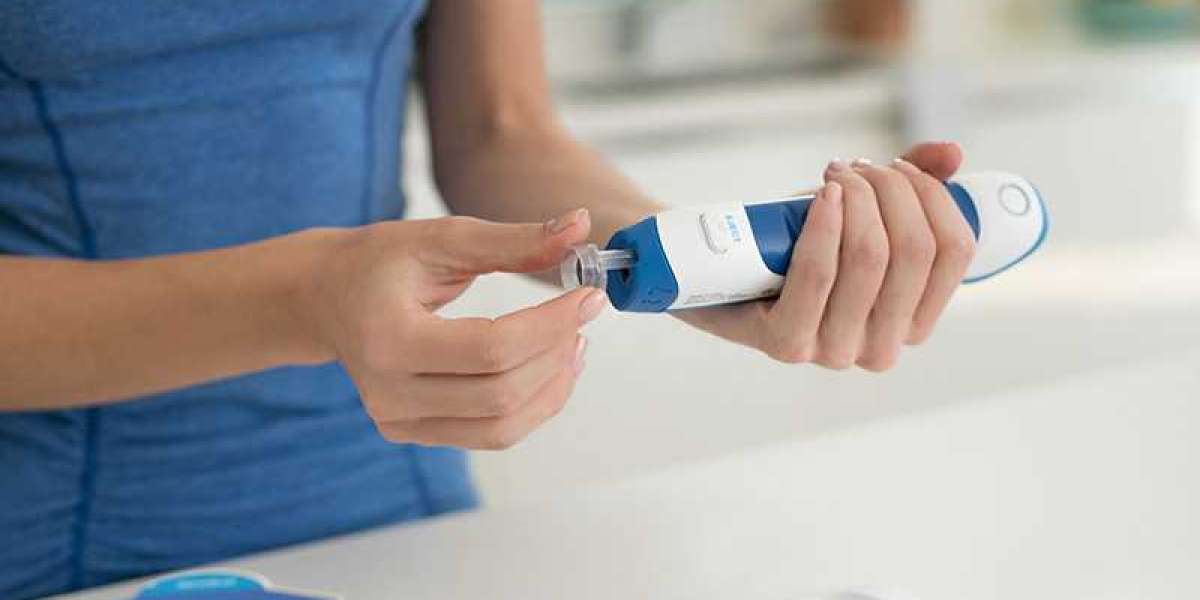Emerging Opportunities in the Medical Carts Industry
The Changing Healthcare Landscape
Over the last decade, the healthcare industry has significantly evolved with changing policies, need for cost optimization and demand for enhanced patient care services. Hospitals are striving to improve efficiency of clinical workflows while ensuring high quality of care. This dynamic environment has opened up new opportunities for innovative medical equipment manufacturers.
Medical carts have emerged as an indispensable asset for modern healthcare facilities. Their versatile design allows quick and easy transport of medical supplies, equipment and patient records within clinical settings. Various configuration options enable carts to support specific use cases across different hospital departments.
Emergency Department Carts
Emergency rooms deal with unexpected patient influx and need to provide immediate treatment. ER carts are specialized to fulfil these unique requirements. Configured with crash cart setups, they stock relevant medicines, equipment and supplies. Drawers, shelves and compartments ensure streamlined organization. Some advanced models integrate computers for electronic health records access at point-of-care.
LED light panels and medical gas manifolds on ER carts enhance workflow. Configurable trays hold intubation kits and airway management supplies. Lockable storage safes prescription drugs and controlled substances. Overall, ER carts optimize emergency response by making critical medical resources portable and accessible within seconds.
ICU and Critical Care Carts
Intensive care units manage high risk and unstable patients round the clock. ICU carts are designed to support complex patient care needs and workflows. Models are customized with multiple IV poles and medical gas outlets. Storage drawers accommodate monitoring equipment, respiratory supplies and suction canisters.
Integrated keyboards and computers enable viewing patient charts and test reports for convenient monitoring. Lockable cabinets safely store narcotics. Battery backups ensure uninterrupted operations. Antimicrobial finishes maintain hygiene. Advanced designs equip carts with ventilators and defibrillators for enhanced IC capabilities. Overall, multi-functional ICU carts help optimize resource utilization in critical settings.
Medication Carts
Safe and secure storage and dispensing of pharmaceuticals is crucial for hospitals. Medication carts address this vital need with rigorously tested security and inventory control features. Electronic locking systems and audit trails meet stringent regulatory standards.
Smart cart models automate dispensing and inventory management using barcode and RFID technologies. This optimizes workflow and prevent medication errors. Customizable shelves, trays and compartments segregate different drug categories. Adjustable height working surfaces facilitate efficient administration.
Antimicrobial coatings maintain hygiene. Models with refrigerators store vaccines and other temperature sensitive drugs. Battery backups sustain operations during power outages. Overall, advanced medication carts streamline drug distribution processes while upholding the highest safety standards.
Hybrid Procedural Carts
Certain clinical settings involve planned procedures like imaging, endoscopy, catheterization etc. Hybrid carts facilitate such planned examinations and minor surgeries. Configured with multiple medical equipment holders and wide work surfaces, they consolidate supplies in compact mobile workstations.
Integrated computers access health records and inventory databases. Medical gas manifolds, suction canisters and power strips maintain sterility. Spacious cabinets hold disposable kits, gloves and drapes. Stainless-steel surfaces and rust-proof designs maintain hygiene. Battery backups support 24x7 availability.
Overall, hybrid procedural carts allow performing complex diagnostic and therapeutic procedures efficiently within ambulatory settings like imaging suites and procedure rooms of hospitals and outpatient clinics. Their modular designs make carts a versatile asset.
Evolving Technology Integration
Latest medical cart models showcase technology integration to enhance patient safety, healthcare quality and workflow efficiency. Touchscreen computers connected to EHR networks provide easy access to patient charts. Diagnostic devices like ECG machines, pulse oximeters and ultrasound scanners streamline point-of-care testing.
RFID tracking helps monitor cart locations for better asset management. Integrated printers, scanners and barcode readers automate workflows. Advanced encryption maintains data security. Cart designs are ergonomic and comply with international health and safety standards. Rechargeable batteries ensure uninterrupted mobile operations.
Overall, smart technology integration helps surgical cart evolve as complete clinical computing platforms. This enables valuable insights for better health outcomes through connected care and data-driven clinical decision making.
Growth Prospects
Medical cart manufacturers are well poised to benefit from the increasing adoption across outpatient and ambulatory clinics. Other sectors like long-term care, home healthcare and telemedicine also present growth opportunities. Rising healthcare spending, patient safety regulations, and demand for optimized clinical workflows will continue driving the surgical cart industry.
Manufacturers are differentiating offerings through innovative designs, smart features and customized configurations. Consolidating medical assets on mobile computing platforms helps address current challenges of the dynamic healthcare environment effectively. Overall, continued technology advancements and new applications are set to accelerate the emergence of surgical cart as indispensable clinical tools.
Search
Popular Posts
-
 Laser Cleaning Dry Market Size, Industry & Landscape Outlook, Revenue Growth Analysis to 2030
By ajit Chary
Laser Cleaning Dry Market Size, Industry & Landscape Outlook, Revenue Growth Analysis to 2030
By ajit Chary -
 The mobile app Pin Up casino
By Pin Win
The mobile app Pin Up casino
By Pin Win -
 Turkey E-Visa for Australian Citizens
Turkey E-Visa for Australian Citizens
-
 Looking for a new high efficient product for your home or office?
By dlgroupmalta
Looking for a new high efficient product for your home or office?
By dlgroupmalta -
 Shop the Latest Collection of Fans at Malta's Leading Store - Fans Malta
By dlgroupmalta
Shop the Latest Collection of Fans at Malta's Leading Store - Fans Malta
By dlgroupmalta



